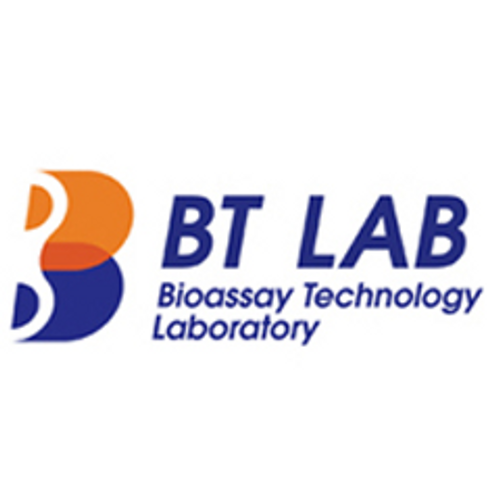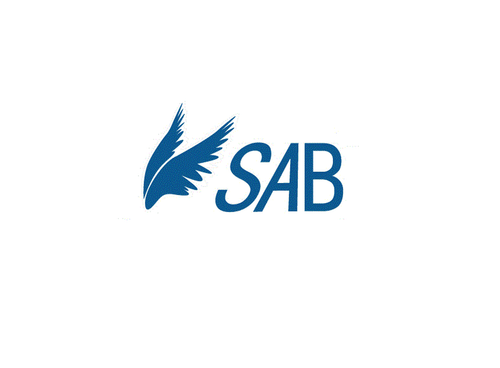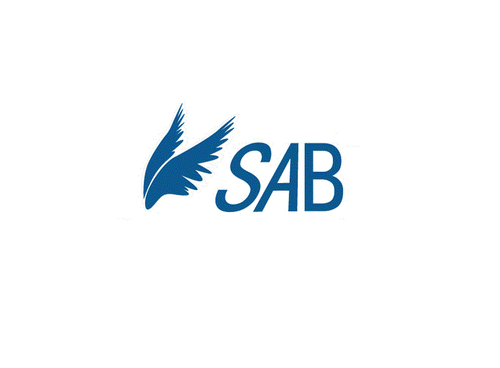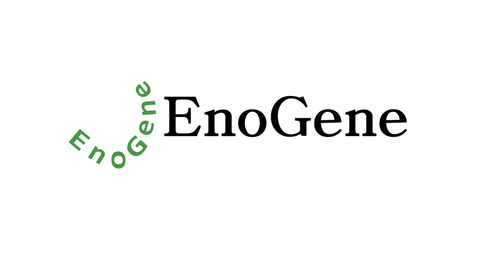Product Description
PBP polyclonal Antibody | BS91031 | Bioworld
Host: Rabbit
Reactivity: Human, Mouse, Rat, zebrafish
Application: WB ICC/IF IHC IP
Application Range: WB:1:1,000-1:5,000 ICC:1:50-1:200 IHC:1:50-1:200
Background: Members of the a-chemokine subfamily of inducible, secreted, pro-inflammatory cytokines contain a similar motif, in which the first two cysteine residues are separated by a single residue (Cys-X-Cys), and are also chemotactic for neutrophils. The platelet basic protein (PBP), a member of the a (lpha) -chemokine family, resides in the a (lpha) -granules of platelets and is released upon their activation. Proteolytic cleavage of the amino terminus of PBP leads to the generation of several peptides, which include mature PBP, connective tissue-activating peptide III (CTAP III, also designated low affinity platelet factor IV (LA-PF4) ), b-thromboglobulin (b-TG), and neutrophil-activating peptide 2 (NAP-2) . PBP and its N-truncated derivatives mediate inflammation and wound healing. Specifically, NAP-2 activates chemotaxis and degranulation in neutrophils during inflammation. The gene encoding human PBP maps to chromosome 4q12-q13.
Storage & Stability: Store at +4°C after thawing. Aliquot store at -20°C or -80°C. Avoid repeated freeze / thaw cycles.
Specificity: PBP polyclonal Antibody detects endogenous levels of PBP protein.
Molecular Weight: 21 kDa
Note: For research use only, not for use in diagnostic procedure.
Alternative Names: PEBP-1, RKIP, HCNP, Epididymis luminal protein 210, Epididymis secretory protein Li 34, Epididymis secretory protein Li 96, HCNP, HCNPpp, HEL 210, HEL S 34, HEL S 96, Hippocampal cholinergic neurostimulating peptide, Neuropolypeptide h3, PBP, PEBP, PEBP 1, PEBP-1, Pebp1, PEBP1, Phosphatidylethanolamine binding protein, Phosphatidylethanolamine binding protein 1, Prostatic binding protein, Prostatic-binding protein, R kip, Raf kinase inhibitor protein, Raf kinase inhibitory protein, RKIP,
Immunogen: recombinant protein
Conjugate: Unconjugated
Modification: Unmodification
Purification & Purity: ProA affinity purified
Pathway:
 Euro
Euro
 USD
USD
 British Pound
British Pound
 NULL
NULL








